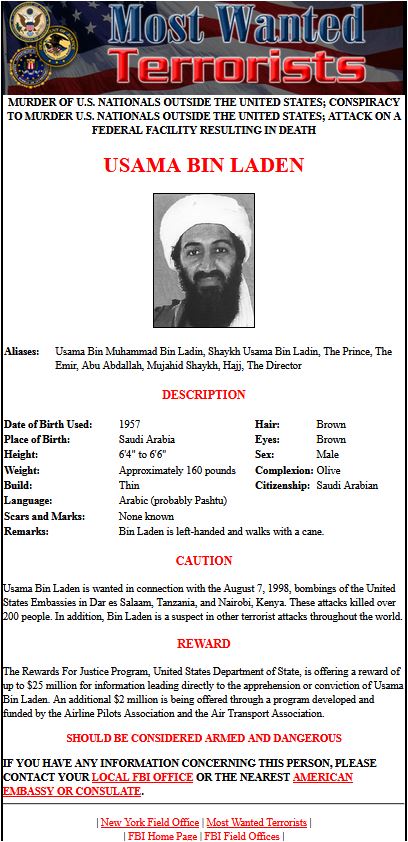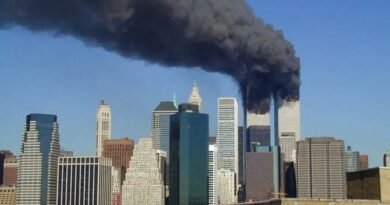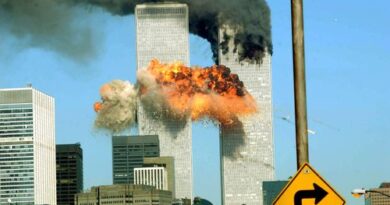Rationality, 9/11, and Questioning: a Response to Michael Shermer
In the age of information, where data is abundant but discerning truth becomes increasingly challenging, the collapse of World Trade Center Building 7 (WTC 7) on September 11, 2001, remains one of the most debated and scrutinized events. Critics and skeptics, including prominent figures like Michael Shermer, the folks at Popular Mechanics, and Sam Harris, to name a few, have often dismissed alternative viewpoints, labeling them as conspiracy theories. However, as we navigate the complex waters of evidence, expert opinions, and official narratives, it’s essential to ask: How do we know what we know? Who are the authorities we can trust? And how do we approach the truth?
Dear Michael Shermer,
First off, kudos on your recent article about 9/11 Truthers, “The Truth about 9/11 Truth.” It’s always enlightening to see how the “rational” mind works, especially when it’s confidently dismissing alternative viewpoints. Let’s dive into some of the points you’ve raised:
- Conspiracy Theories and Rationality: Conspiracy Theories and Rationality: Your three-tiered model appears to be a notable simplification. History reminds us that groundbreaking discoveries, like heliocentrism during the Copernican Revolution, were once labeled as ‘conspiracies.’ It’s intriguing to consider whether we sometimes cling to established narratives, much like the church once did, resisting fresh perspectives and challenging questions. Broad generalizations can be convenient, but they often miss the intricacies of the matter. On a related note, it’s worth mentioning that the FBI’s Most Wanted poster for Usama bin Laden doesn’t list the 9/11 attacks. An oversight, perhaps?


Thomas Greer, who wrote under the pen name Dalton Fury, was a former special operations commander who began as an enlisted soldier and instructor in the elite Army Rangers, before becoming an officer. He later joined the Delta Force. As Ground Force Commander, he partook in the Battle of Tora Bora and later penned the bestseller “Kill Bin Laden” (2008). He passed away in October 2016.
- Building 7: The collapse of Building 7 remains a significant point of contention. While you’ve provided explanations based on damage and fires, many experts believe that the building’s collapse was inconsistent with the reasons provided. The debate isn’t about denying the fires or damage but about understanding how they could lead to a symmetrical collapse. The following video playlist provides numerous examples of expert and eyewitness accounts that seem to contradict many of your fundamental assertions.
- Melting Point of Steel: The argument isn’t that steel needs to melt to fail. However, the uniformity and speed of the collapse raise questions about whether fires could cause such a synchronized failure across an entire building. I must’ve missed the memo where fires could cause steel-framed skyscrapers to collapse symmetrically at free-fall speed. But then again, I’m no physicist. Oh wait, neither are you. For a more informed perspective, check out the University of Alaska study. See the video: “WTC 7 Did Not Collapse from Fire” -> Dr. Leroy Hulsey
While the official narrative suggests that fires led to the collapse of WTC 7, a comprehensive study by the University of Alaska Fairbanks paints a different picture. The study, conducted over several years and led by Dr. J. Leroy Hulsey, concluded that fires did not cause the collapse of WTC 7. Instead, the collapse was a global failure, involving the near-simultaneous failure of every column in the building. This conclusion starkly contrasts with the findings of the National Institute of Standards and Technology (NIST), other engineering firms, and many leading intellectuals.
- Witness Accounts: Many first responders and witnesses reported explosions in the buildings. While these could be attributed to various causes, it’s essential not to dismiss these accounts outright. But for the sake of argument, let’s entertain the idea that they might’ve been onto something. Please review the video compilation of the many diverse accounts above.
- Demolition Comparisons: While it’s true that most controlled demolitions start from the bottom, the primary concern is the manner of the collapse, not the starting point. If you’re into alternative theories that don’t defy physics, please review “Impaled by The Spire” and “Foreknowledge of Building 7’s Collapse.” These might tickle your fancy.
- Evidence and Expertise: It’s crucial to differentiate between fringe conspiracy theories and genuine inquiries backed by experts. Many architects, engineers, military, and intelligence professionals have raised valid questions about the 9/11 events. It’s endearing how you lump all 9/11 skeptics into the “fringe conspiracy” category. But surprise! Many experts, with credentials far surpassing ours, have raised valid questions.
The Pursuit of Truth in a Complex World:
Truth, especially in complex events like 9/11, is multifaceted. It’s not just about accepting one narrative over another but understanding the nuances, the context, and the methodologies behind conclusions. The UAF study, for instance, offers open data, allowing anyone to examine the input data, results, and simulations used. This transparency is a step toward a more open and honest pursuit of truth.
The Role of Skepticism and Open Dialogue:
Skepticism is healthy. It’s the bedrock of scientific inquiry. However, skepticism should be a tool for deeper understanding, not a weapon to dismiss alternative viewpoints. Engaging in open dialogue, examining evidence from all sides, and being willing to adjust our beliefs based on new information is the essence of intellectual growth.
The Call to Action:
To critics and skeptics, the invitation is simple: Dive into the evidence. Examine the UAF study, watch the countless videos, read the myriad articles, and engage with the community that has been tirelessly seeking answers. Let’s foster a space where we can debate, discuss, and, most importantly, learn from one another.
In conclusion, while I appreciate your efforts to debunk 9/11 conspiracy theories, the journey to understanding the events of 9/11, especially the collapse of WTC 7, is far from over. It’s a journey that challenges our perceptions, our beliefs, and our understanding of authority. But it’s a journey worth taking, for in the pursuit of truth, we not only seek answers to specific events but also understand the very nature of knowledge and belief in our complex world.
Perhaps it is time to recognize that not all who question the official narrative are irrational or misguided. Healthy skepticism and inquiry are cornerstones of scientific and rational thinking. To question the mainstream narrative is to question a host of other deeply held beliefs, from trust in media outlets like the New York Times and the BBC to one’s very identity as an American. I know from first-hand experience how challenging it can be to admit being wrong.
A few additional references:
Were Explosives the Source of the Seismic Signals Emitted from New York on September 11, 2001?
Conspiracy Theories And Real Reporters
Former NIST Employee Speaks Out with LTE in Europhysics News


